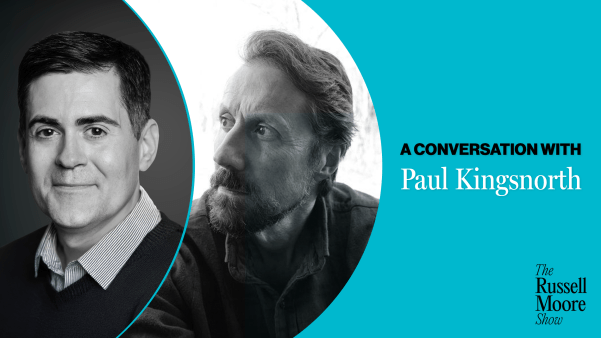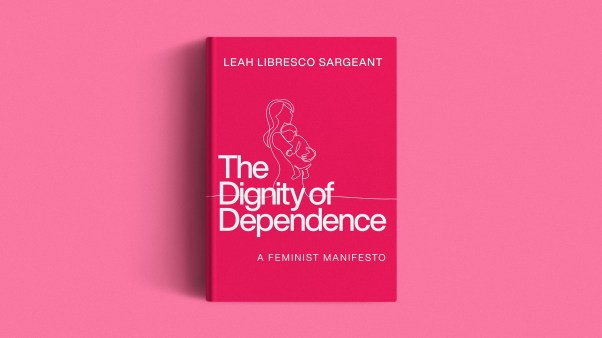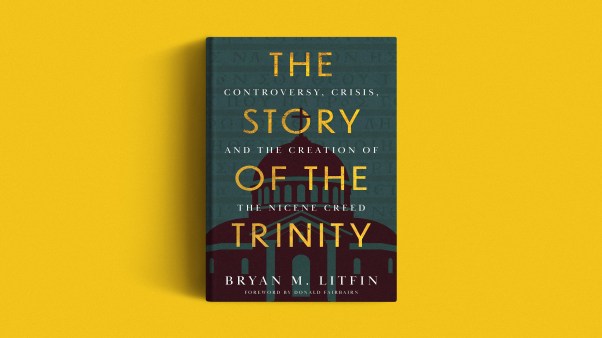Evangelicals hear conflicting voices about birth control. And many are confused. Some have adopted the dominant cultural ethos: smaller families make for an increased standard of living. The Depression generation learned that lesson and passed it on to its offspring. In more recent years, younger couples have turned to dual careers and limited families not to increase, but to maintain their standard of living.
Others, who may have drunk still more deeply at the springs of culture, have chosen to delay or avoid having children in order to establish themselves professionally and financially. For them, it seems, children are not always blessings, but are often hurdles in the hasty race toward success.
Some have adopted views from their Roman Catholic brothers and sisters. Through association in the prolife movement or connections in natural childbirth and breast-feeding organizations, these evangelicals have discovered a warmly fecund earthiness that welcomes children and celebrates family. There they have heard about new forms of natural family planning that are more reliable than the older forms sarcastically dubbed “Vatican Roulette.”
Still others have been exposed to a rigid interpretation of “Be fruitful and multiply.” In some home-schooling and other countercultural circles, the notion that family planning is resisting God’s sovereignty has taken root. Copies of several books promoting this idea have recently arrived at CT. One typical title: Let God Plan Your Family.
What shall we think—and do—about family planning?
Are we free to exercise dominion over the size of our families as we do over the rest of creation (as long as a method of contraception does not cause the death of a developing person)? That approach appeals strongly to our Protestant sentiments.
Or shall we in every act of married love leave the door open to the gift of new life? That approach appeals to our love for things natural and our desire to trust God in everything.
May we limit our family size to no children at all?
Or must marriage mean an openness to some children?
The collection of essays in this CT Institute Special Report will not resolve these questions. As we gathered Christian thinkers to discuss the foundations for an evangelical ethic of family planning, we discovered differences that would not go away. Rather than smooth them over, we have let these authors interact in creative tension: For example, Stanley Grenz of Carey Theological College and James Burtchaell of the University of Notre Dame disagree on whether a Christian couple can responsibly choose not to have children. Reproductive health educator Debra Evans and family-planning physician Shirley Barron disagree on when life begins and how certain contraceptives work.
But all participants agreed that children are a blessing from the Lord. Unfortunately, it is easy to forget that truth when the technological nature of birth control makes fertility seem like a disease that needs to be cured. And when the prophets of overpopulation make children seem like parasites on a withering planet. And when the harpies of radical feminism make childbearing seem like a roadblock on the highway to economic justice. But as James Burtchaell so eloquently urges in his essay, children are above all to be welcomed; and we need children—either biological or spiritual—to stretch us beyond our limits and mold us into the servant image of Christ.










